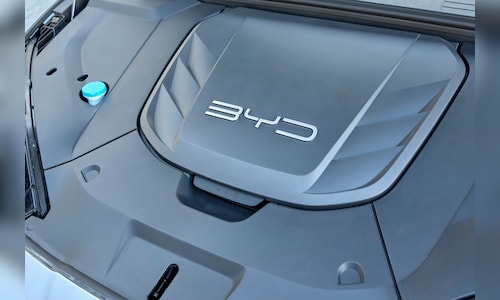
BYD shares sink as carmaker faces backlash over EV price war
- 03.06.2025 08:36
- cnbctv18.com
- Keywords: Price War, Sales Increase, Profit Drop, Government Scrutiny
BYD's shares fell as its aggressive price cuts in China's EV market drew government criticism and hurt industry margins. While competitors like Leapmotor and Geely saw sales surge, BYD's own growth slowed despite leading the market.